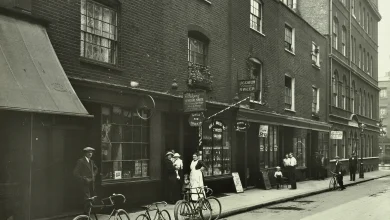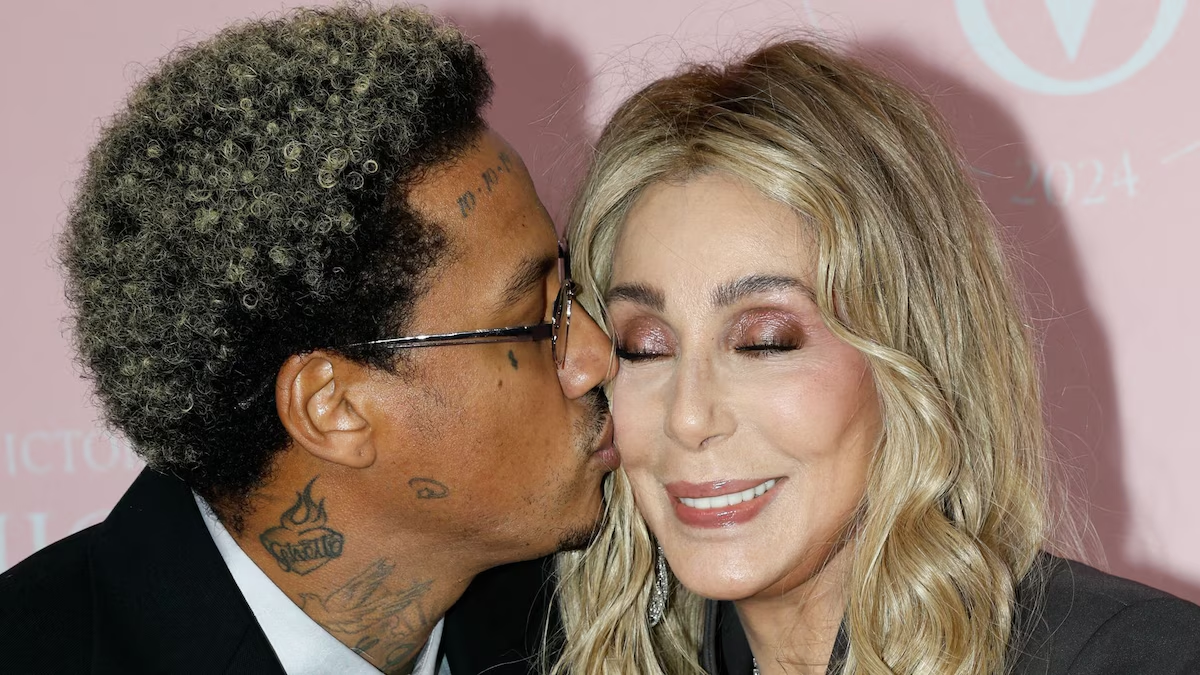Will the SNP’s push to strip Prince Andrew’s titles stop the rot?

The Scottish National Party sees Prince Andrew’s unpopularity – and the government’s reluctance to take action against him – as a chance to take the high moral ground.
Stephen Flynn, the SNP leader in the Commons, has done well to use the old “early day motion trick” to put his party at the head of the small number of Labour dissidents and independents calling for Andrew to be stripped of all his royal titles. As this would require legislation, it means that MPs have a potential role to play.
Lindsay Hoyle, the speaker, has tried to shut down discussion of the royal family in the past, but he was forced to clarify in 2022 that “there is no general prohibition on discussing of matters relating to the royal family in the House of Commons”. And because Keir Starmer does not want to get the government involved – his business secretary Peter Kyle insisted this is “a matter for the palace” – this gives the SNP a chance to use the issue to imply that the “Westminster establishment” is closing ranks to protect a pantomime villain.
An early day motion is no more than a press release: everyone knows that a motion asking for a debate on “an early day” is just a way of expressing an opinion, because as long as the government controls the parliamentary timetable, “an early day” means “never”. But because it takes the form of a parliamentary motion, the SNP can make it sound as if it is a precursor to legislation.
open image in gallery
Stephen Flynn is calling for Prince Andrew to be stripped of all his royal titles (PA Wire)
The prime minister, quite sensibly, wants to stay out of the royal family’s problems. The last thing he wants is legislation. The last time Parliament passed a law to take away royal titles was the Titles Deprivation Act during the First World War, which was used to remove the title of Prince Ernest Augustus, Duke of Cumberland and Teviotdale, a Hanoverian prince who had “adhered to His Majesty’s enemies” – namely, Germany.
But Parliament, as such, had little to do with the abdication crisis in 1936. Stanley Baldwin, the prime minister, “took soundings” of party leaders and of the prime ministers of the Dominions, and advised Edward VIII that there was no support for his continuing as king if he went ahead and married Wallis Simpson.
The King bowed to the inevitable, just as Charles last week bowed to the lesser crisis of his brother’s threat to the reputation of the royal family.
Charles was finally prompted to take further action against Andrew when it was reported that he had maintained contact with Jeffrey Epstein, the late paedophile finanicier, after claiming to have cut off ties. Andrew issued a statement at his brother’s behest, saying he would no longer use his royal titles and honours. He had already been persuaded by his mother to give up the honorific HRH – His Royal Highness – three years earlier. Now the Dukedom of York, the Earldom of Inverness, the Barony of Killyleagh, and his two knighthoods are gone.
open image in gallery
Prince had friendship with billionaire sex offender Jeffrey Epstein spanning more than a decade
Gone, but not forgotten. Although he will no longer use them, and media organisations’ style guides will be amended accordingly, he still has them. They can be taken away only by an Act of Parliament. The family of Virginia Giuffre have asked for Andrew to have his “prince” title removed – and the SNP has now called on the government to formally strip him of it.
The prime minister’s spokesperson has said that the government does not want to devote any parliamentary time to such a measure, implying that it would be a pointless gesture.
A handful of Labour backbenchers disagree. Charlotte Nichols, MP for Warrington North, said today: “Obviously, we should strip him of all of his titles, and I don’t think there’s an MP in the House that wouldn’t spend five minutes of parliamentary time doing that.”
But it isn’t going to happen, because the King plainly thinks that it is his job to maintain discipline inside the Firm.
What is harder for Charles to resist is the pressure to end the Andrew’s taxpayer-funded subsidy of rent-free tenancy of the Royal Lodge in Windsor Great Park.
open image in gallery
Prince Andrew is living at the Royal Lodge in Windsor Great Park (Alan Hunt/Geograph)
Titles are one thing; hard-earned taxpayers’ cash is another. We are likely to hear a lot more about the Crown Estate, which manages the Royal Lodge on behalf of the taxpayer – and about its accountability to the Treasury. Dan Tomlinson, the exchequer secretary to the Treasury, is the minister responsible.
The time for SNP publicity stunts is over: it is time for MPs with more serious concerns about the prudent stewardship of public money to start asking questions about Andrew Windsor’s living arrangements.




